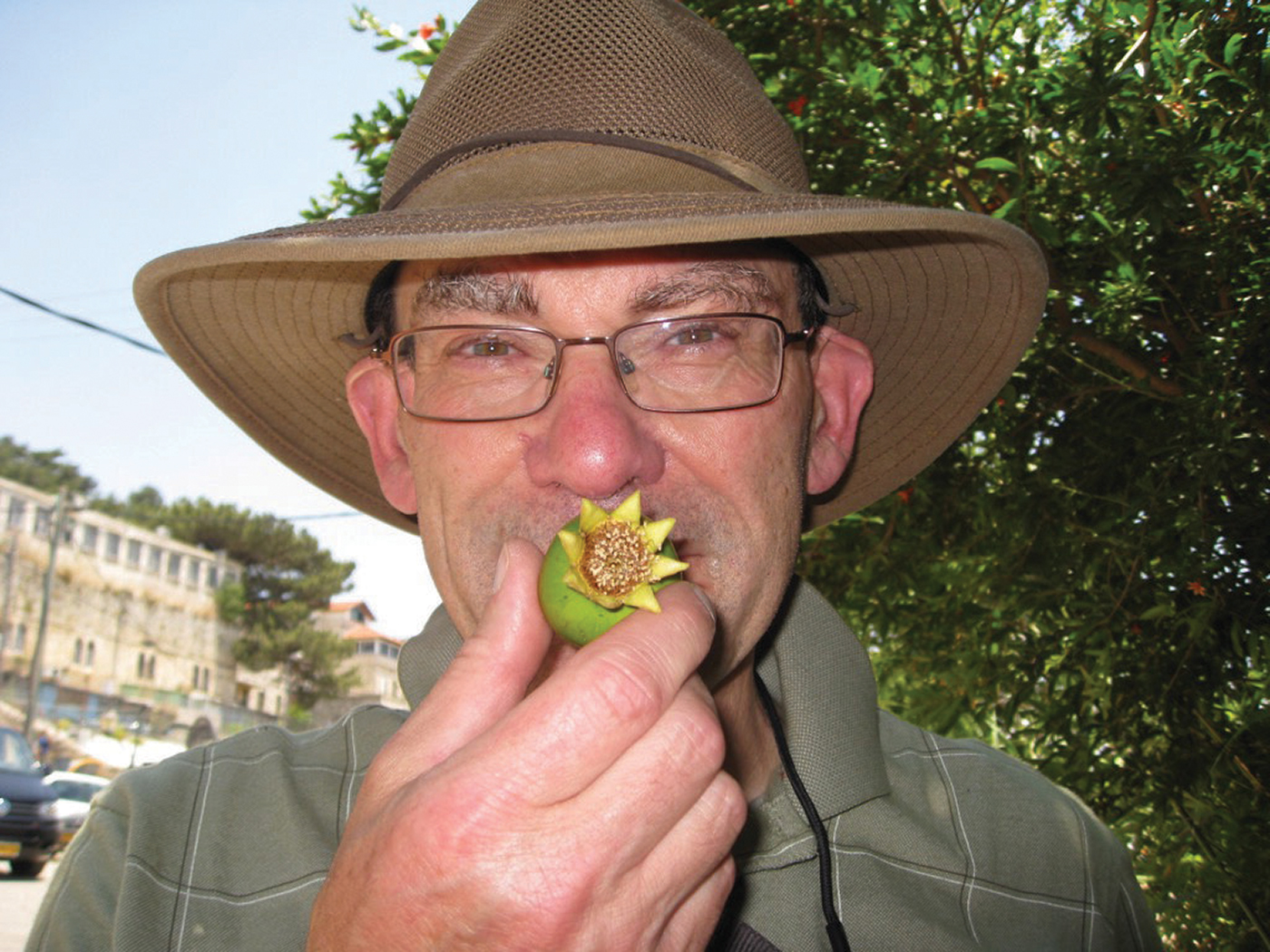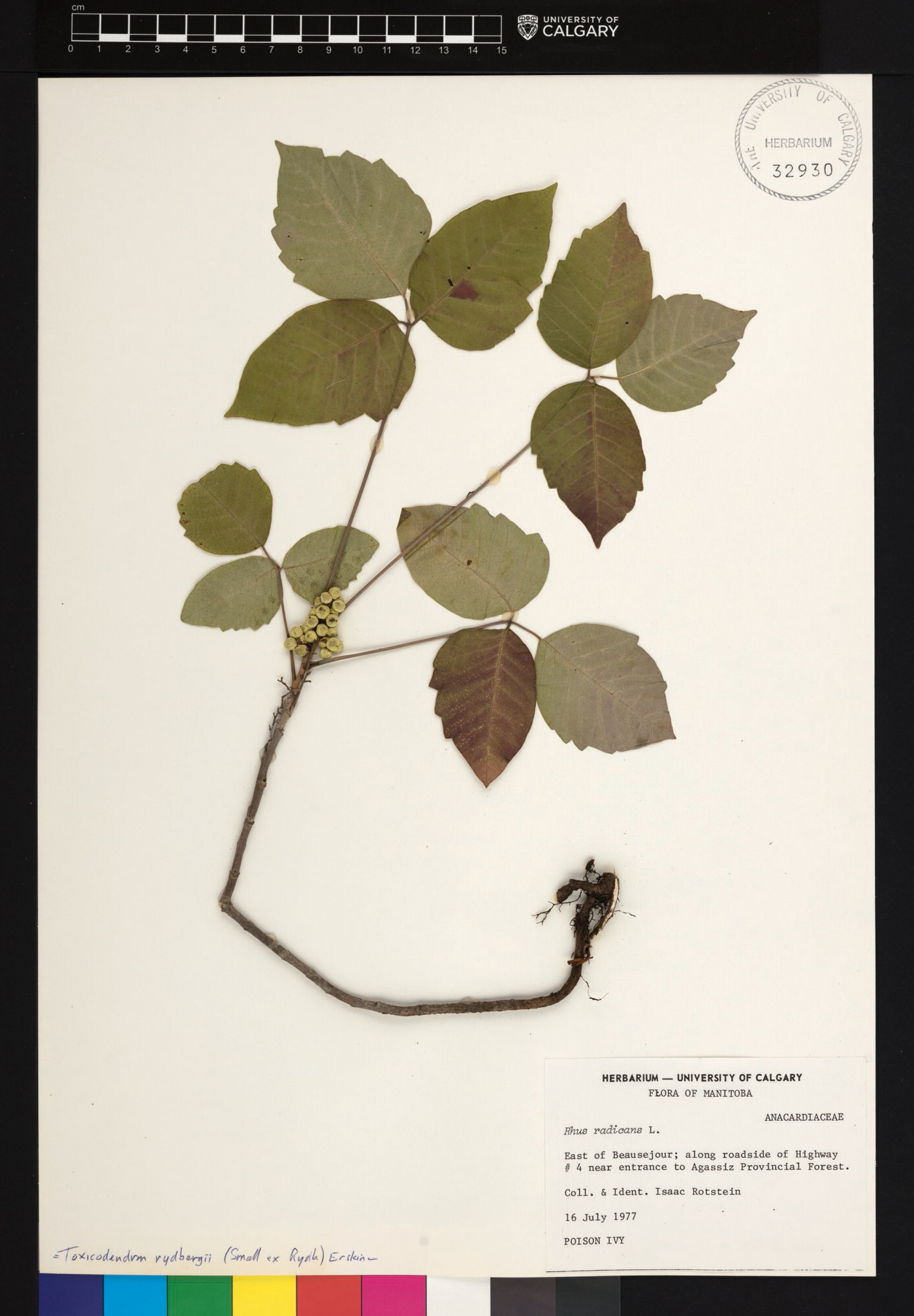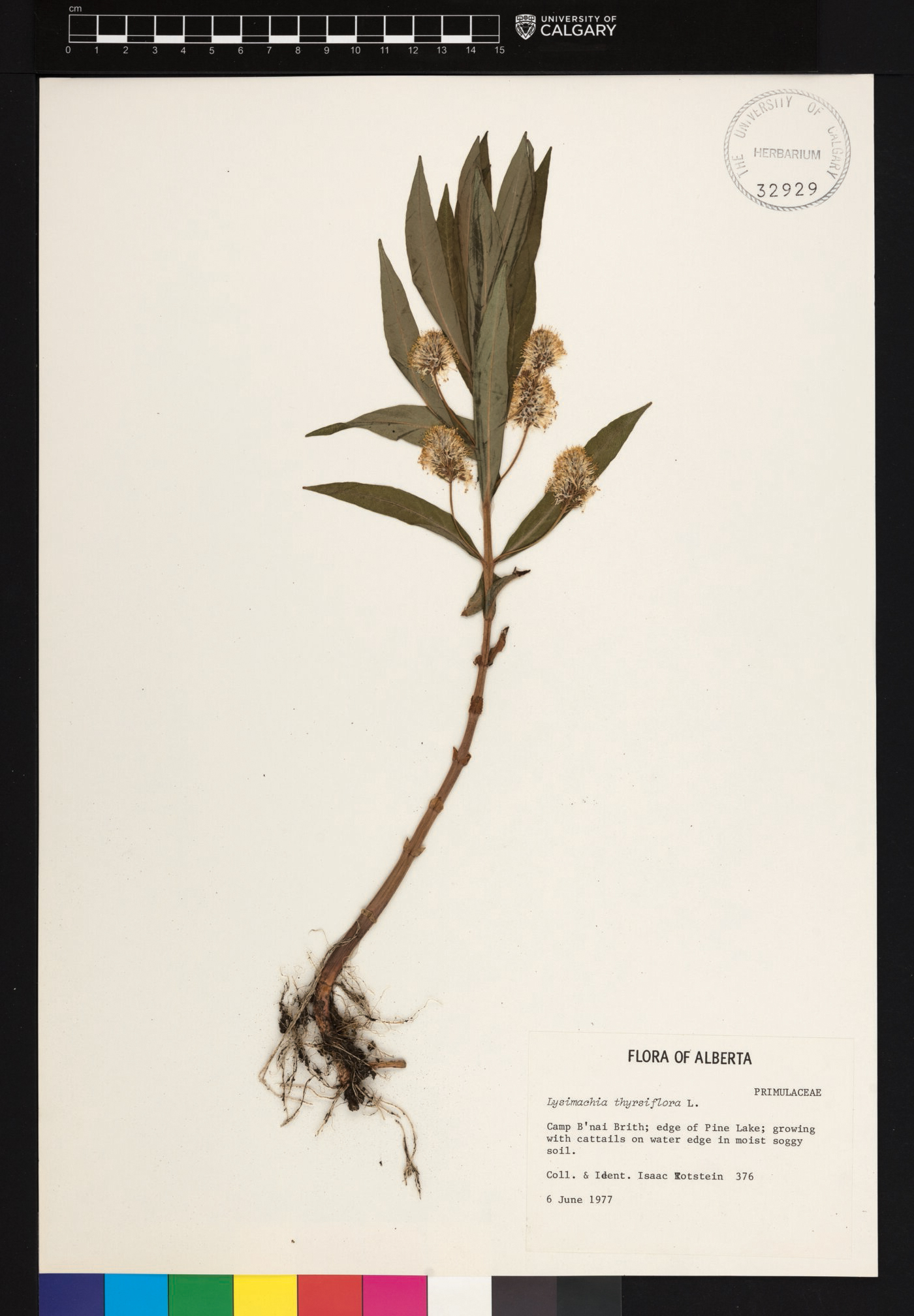
Every vacation in the 1980s and ’90s for the late Isaac Rotstein and his family meant a road trip. But, it wasn’t your typical road trip: The family minivan would travel at a speed of around 25 kilometres per hour, as Rotstein scanned the roadside for unusual plants.
Upon spying one — common nipplewort in Horseshoe Bay, B.C., perhaps, or common corncockle near the Idaho-Washington border — Rotstein would slam on the brakes.
His wife, Linda, and daughters, Gena, Kim and Sam, grumbled while Rotstein took meticulous notes about the plant and its location, carefully dug it up with his trowel, and then pressed it between newspaper pages with his homemade plant press. Wrangled into the mission, the family was instructed to hold the plant at various angles for photos, and stand on the press for optimal cinching.
“It was pure madness,” recalls Rotstein’s daughter Kim Nagan. “We’d have so many fights in the car. We wanted to go see stuff and my dad would say, ‘We are seeing stuff!’”
Born in 1947 in a displaced persons camp in Heidelberg, Germany, Rotstein immigrated to Canada with his family in 1950, settling in Calgary. In 1969, he earned a zoology degree from the University of Calgary, followed by a pharmacy degree from the University of British Columbia in 1971. A career pharmacist — he owned the Alberta Clinic Pharmacy in Mission for 22 years — Rotstein’s passion for plants was spurred when he worked at UCalgary’s herbarium; it was there he learned how to collect and preserve them.
When Rotstein died last August at the age of 75, shortly after being diagnosed with cancer, his family didn’t know what to do with his basement lab, replete with 35 boxes of textbooks on botany and toxicology, and notebooks containing more than 4,000 plant specimens collected over 50 years from all over the world, including Hawaii, South Africa, Morocco and the Amazon.
It turns out, UCalgary’s herbarium was interested. Now, the Rotstein family is donating the collection, valued at roughly $40,000, to the Department of Biological Sciences.
“We’re very grateful,” says UCalgary professor Jana Vamosi. “His collection will positively impact our international representation.” In particular, Vamosi says she is grateful for the Australian specimens, which help fill gaps in the herbarium’s inventory.
Family and friends of Rotstein have also established an award in his memory, to support students’ work in the herbarium — fitting, as Rotstein was indeed a lifelong student. “We’d be sitting at the table and all of a sudden notice that my dad wasn’t there,” says Nagan. “He’d be in the basement playing with his plants. That was his domain.”




